Understanding Deduplication in Nested Knowledge
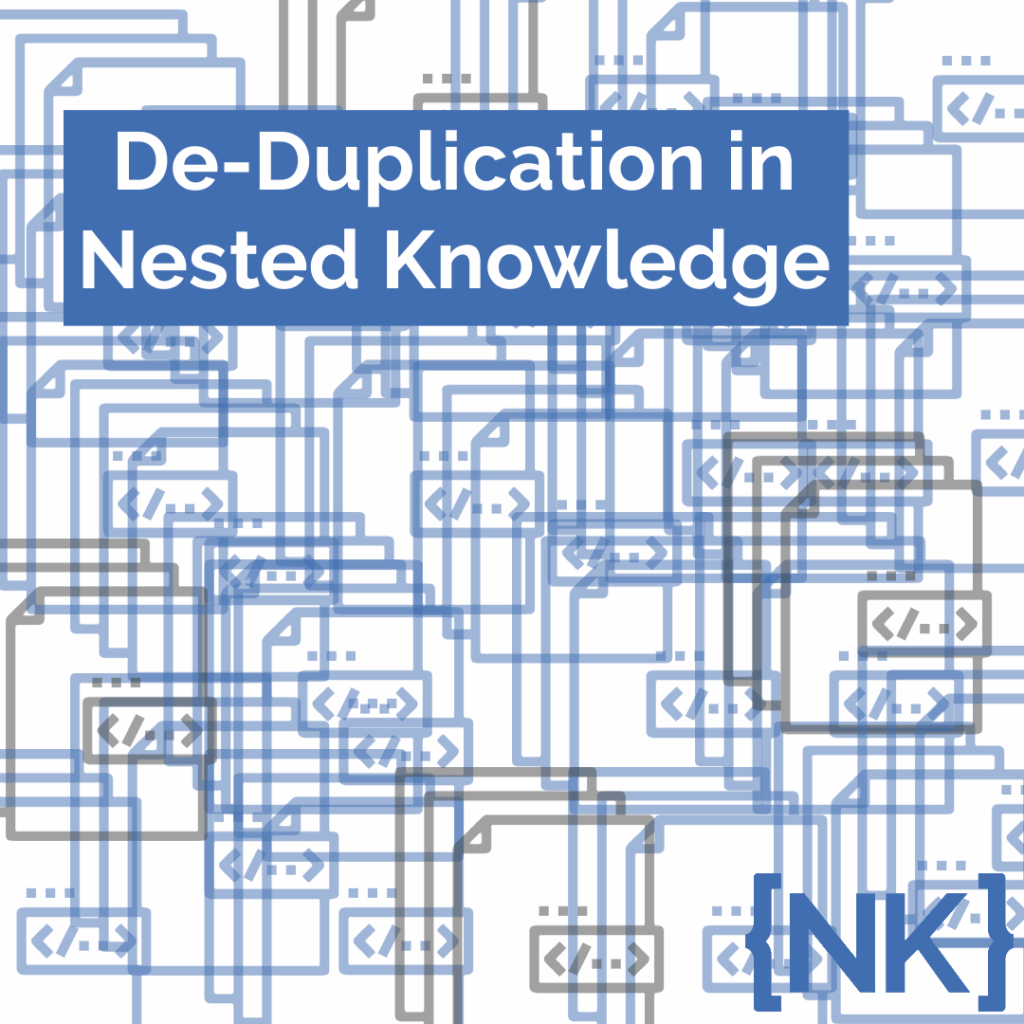
If you’ve ever uploaded a set of articles into Nested Knowledge and noticed that the numbers shown in your Literature Search, PRISMA diagram, or uploaded files don’t quite match, you’re not alone. Deduplication is a nuanced process, and while Nested Knowledge handles it automatically, there are several key implementation details to ensure deduplication remains sane […]
2025 at Nested Knowledge: A Year of Strategic Growth
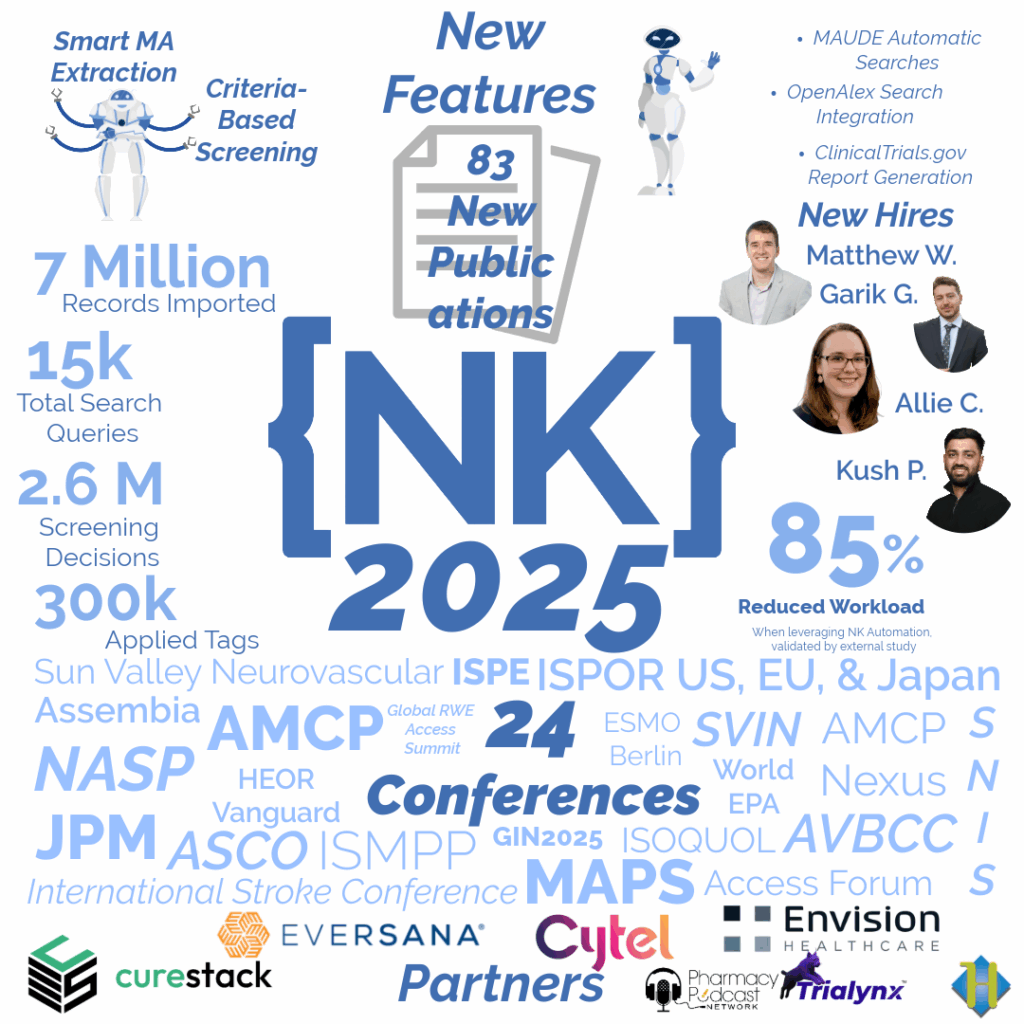
2025 at Nested Knowledge: A Year of Strategic Growth As 2025 comes to a close, Nested Knowledge reflects on a year defined not just by growth, but by validation. This was the year our vision for AI-enabled evidence generation moved decisively from promise to proof. At the heart of that progress was a wave of […]
Responsible AI in Evidence Synthesis: How Nested Knowledge Meets the New Standards from Cochrane Joint Statement and RAISE Guidelines

The past year has seen a surge in global attention on the responsible use of AI in systematic reviews. With Cochrane, academic groups, and regulatory-adjacent bodies releasing clearer guidance, including new summaries of the RAISE framework, research organizations are being asked to show exactly how their AI works, how it is evaluated, and where its […]
13 Rapid Reviews in Record Time: Inside the AI-Powered Case Study

13 Rapid Reviews in Record Time: Inside the AI-Powered Case Study Background A global research team sought rapid, structured insights across multiple emerging oncological therapeutic areas (some in rare disease). The goal was to build early-stage evidence assets covering clinical, epidemiologic, and economic evidence available on the research team’s therapies and all comparators in each […]
The Utility of Rapid Reviews in HTA and HEOR for ISPOR EU 2025
Health technology assessments (HTAs) and health economics and outcomes research (HEOR) depend on timely, comprehensive evidence synthesis. Yet, traditional systematic reviews often take 6–12 months to complete. This is too slow for the pace of reimbursement decisions, price negotiations, and technology launches. That’s where rapid reviews come in. By streamlining key steps in literature search, […]
Where Can You Find Us At ISPOR EU 2025?
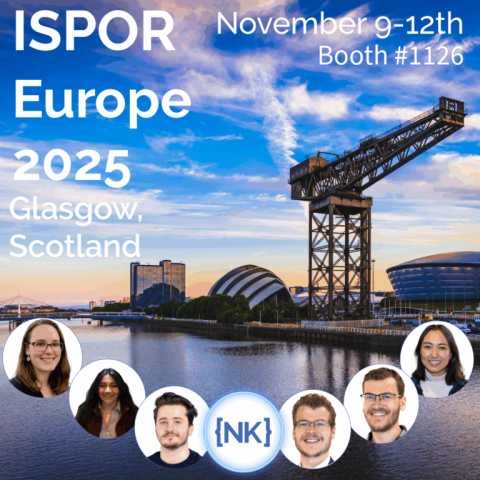
Nested Knowledge at ISPOR Europe 2025: Advancing AI in Evidence Synthesis Nested Knowledge is proud to have a major presence at ISPOR Europe 2025, with multiple panels and posters highlighting the validation, application, and impact of artificial intelligence (AI) in health technology assessment (HTA), evidence synthesis, and payer decision-making. From independent validation studies to expert […]
Rapid Review for the Life Sciences
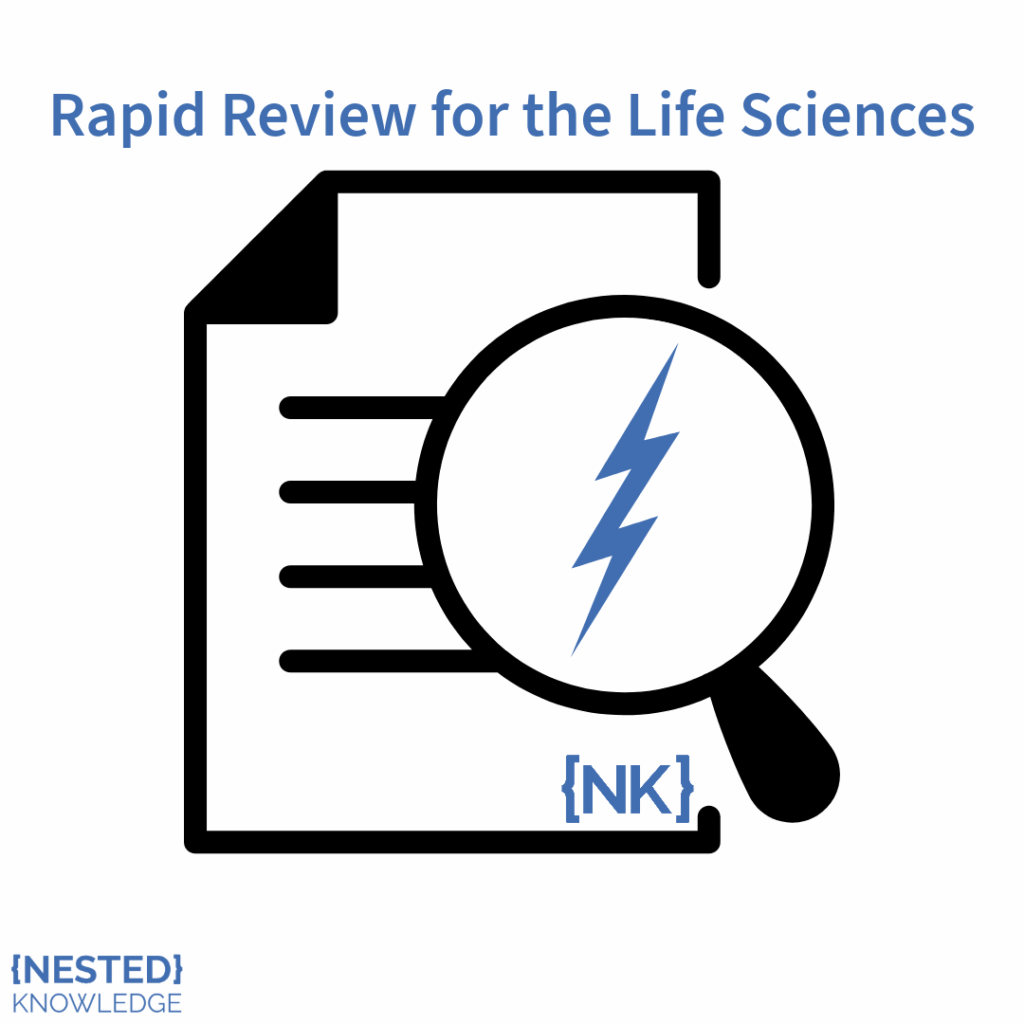
Background In clinical research and strategic decision-making, speed and accuracy in synthesizing evidence are crucial. Traditional systematic literature reviews (SLRs) can take weeks or months, slowing insights into emerging therapeutic areas. To address this challenge, a global life sciences team commissioned Nested Knowledge to run an AI-assisted rapid review on a critical biomarker and therapeutic […]
How Smart Study Type Tags Are Reinventing Evidence Synthesis
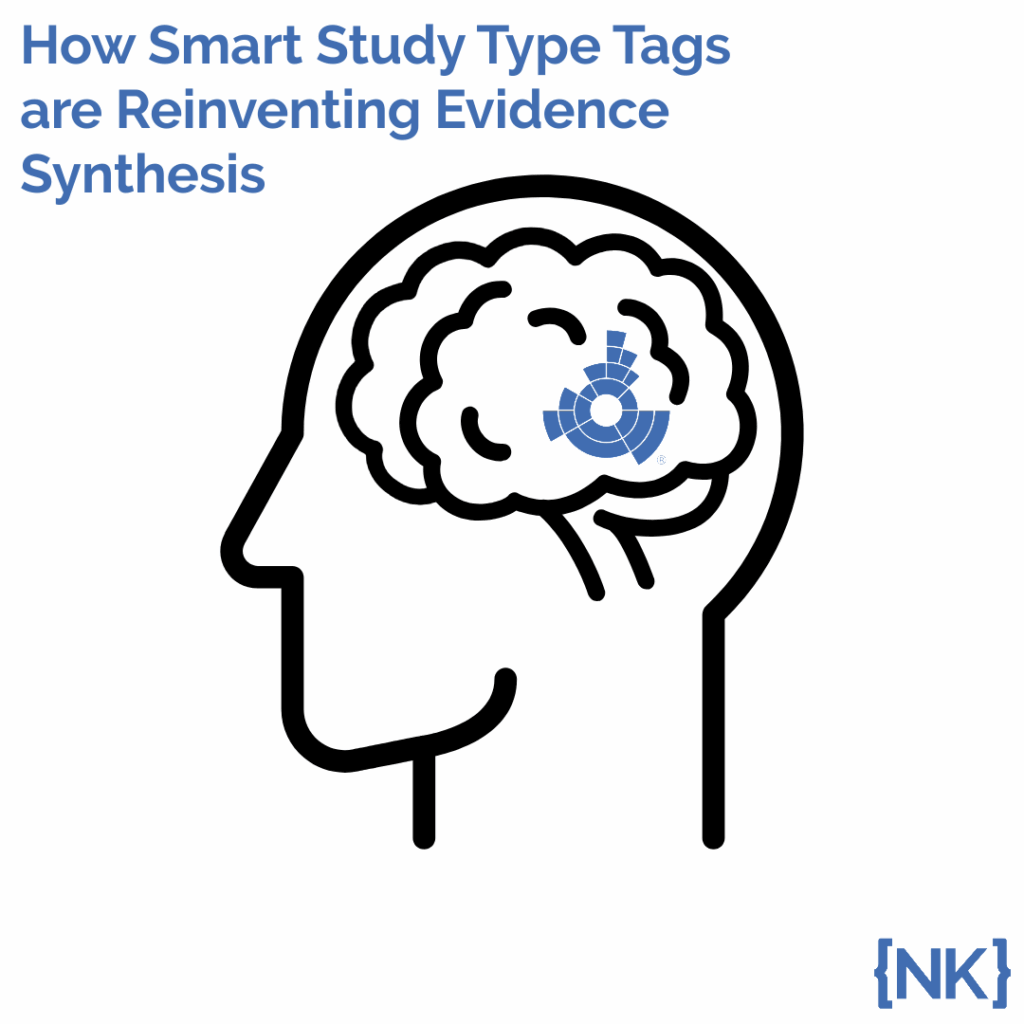
One of the features of Core Smart Tags is Smart Study Type – this refers to our AI system that automatically categorises the study type (design) of a given abstract. Knowing the study type is beneficial for a variety of reasons; most importantly filtering out studies that do not match the SLR protocol (which quite […]
IEGPs: The Bridge Between Medical Affairs and HEOR
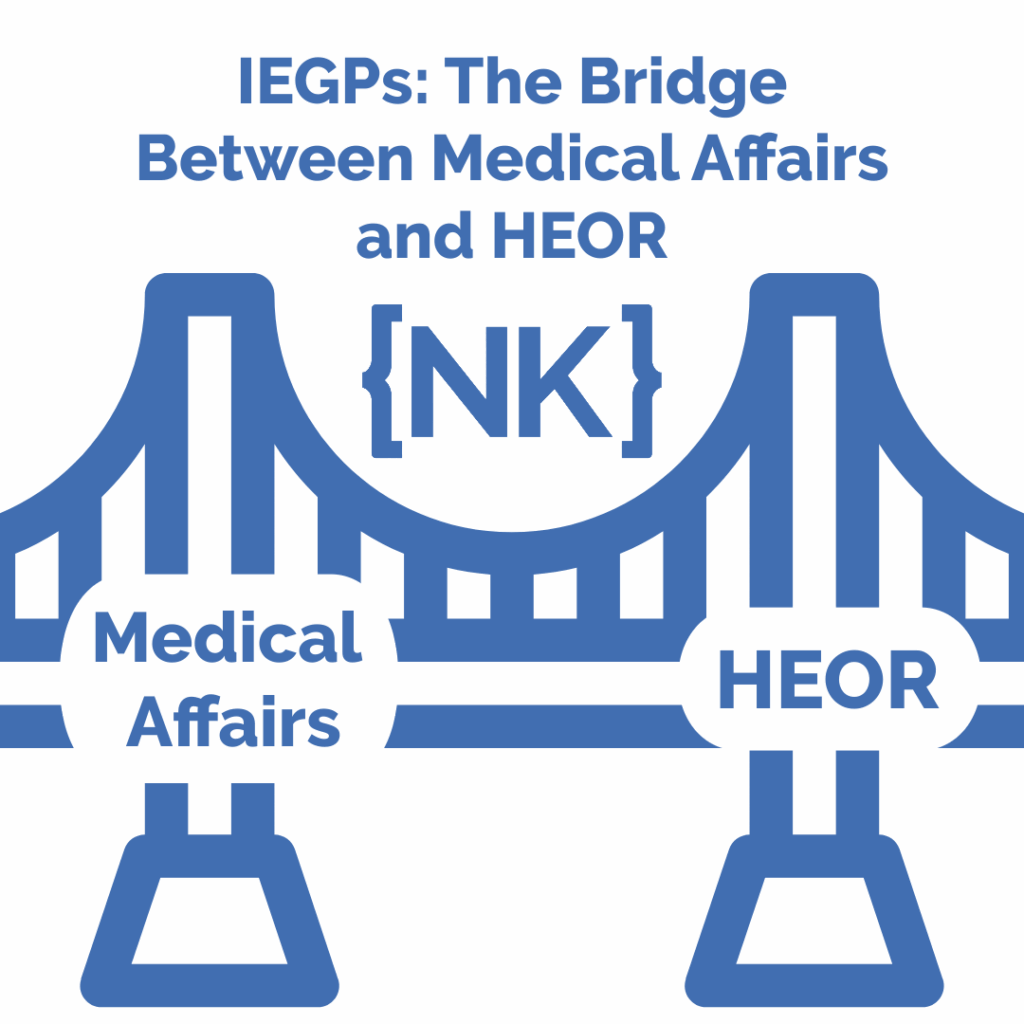
Integrated Evidence Generation Plans (IEGPs) are meant to be the connective tissue across the product lifecycle. Strategic, collaborative plans that guide when, where, and how to generate evidence. In theory, they’re working documents that evolve with your asset. In practice? They’re often PowerPoints filed away on SharePoint, glanced at during meetings, and quickly outdated. But […]
No Trial Left Behind: Streamlining Clinical Trial Evidence for Systematic Review
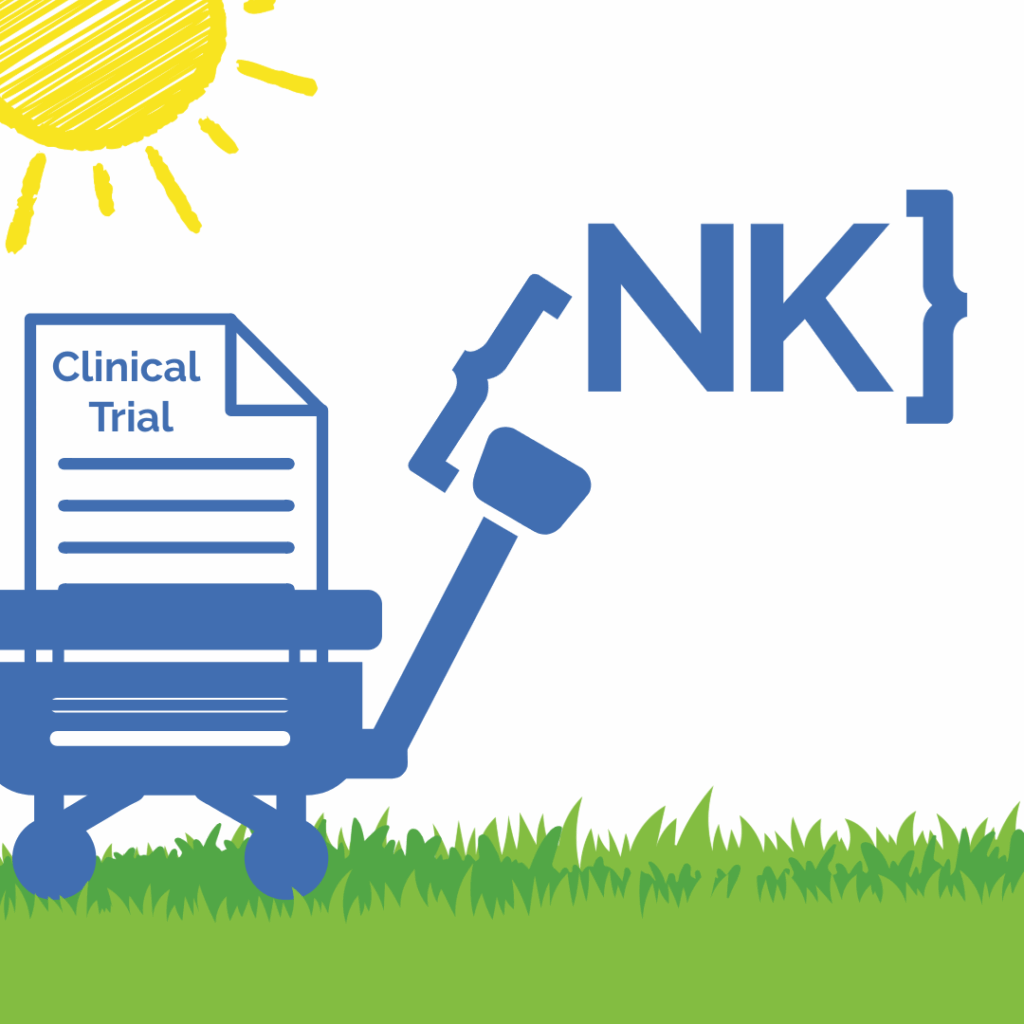
When a clinical trial evaluates a novel drug or uncovers a change in medical best practices, the results are often published in a widely-read scientific journal, like JAMA, Lancet, or the NEJM. Even trials that don’t unveil the next blockbuster drug are vital. Trials showing no effect compared to placebo, so-called “negative” or inconclusive trials, […]
